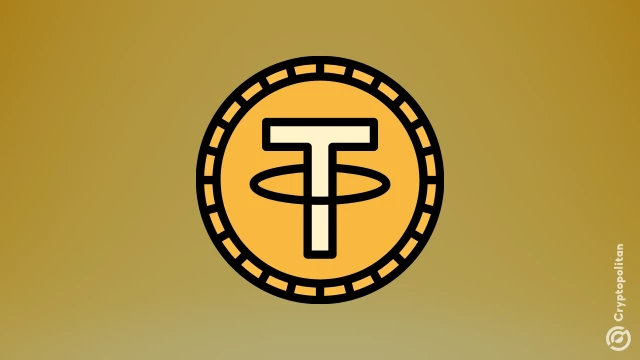
Opera expands MiniPay across Latin America to boost stablecoin payments
Cryptopolitangeneral
MiniPay, a stablecoin wallet built on Celo by the browser company Opera, is connecting USDT (Tether) to real-time payment systems in Latin America.
📋 Article Summary
Opera's Expansion of MiniPay Across Latin America Boosts Stablecoin Adoption
As the global cryptocurrency market continues to evolve, innovative solutions are emerging to drive mainstream adoption of digital assets. One such development is Opera's decision to expand its MiniPay stablecoin wallet across Latin America, which could have significant implications for the region's financial landscape.
MiniPay, built on the Celo blockchain, aims to provide a user-friendly platform for accessing and utilizing stablecoins, such as Tether's USDT. By integrating MiniPay with real-time payment systems in Latin America, Opera is seeking to bridge the gap between traditional finance and the burgeoning crypto ecosystem.
The move comes at a critical juncture, as the Latin American region has witnessed a surge in cryptocurrency adoption in recent years. Factors such as economic instability, high inflation rates, and limited access to traditional banking services have contributed to the growing interest in digital assets as a means of financial empowerment and stability.
"Opera's expansion of MiniPay is a strategic play to capitalize on the increasing appetite for stablecoin usage in Latin America," says cryptocurrency analyst Emily Gonzalez. "By leveraging the region's existing payment infrastructure, Opera is positioning itself as a gateway for consumers to easily access and transact with stablecoins, which can provide a more stable alternative to volatile local currencies."
The integration of USDT, one of the most widely adopted stablecoins, further enhances the utility of MiniPay. Tether's reputation as a reliable and liquid stablecoin could contribute to increased trust and adoption among Latin American users.
"Stablecoins like USDT have the potential to address some of the pressing financial challenges faced by individuals and businesses in Latin America," explains financial technology expert, Juan Perez. "The ability to seamlessly transfer value, make cross-border payments, and access a stable store of value can be transformative in regions grappling with economic instability."
As MiniPay gains traction, it could also have broader implications for the cryptocurrency industry in Latin America. The increased accessibility and usage of stablecoins may attract more institutional and retail investors, further driving the integration of digital assets into the region's financial ecosystem.
Moreover, the success of MiniPay's expansion could spur other crypto companies to follow suit, leading to a more competitive and innovative landscape for stablecoin-based services in Latin America. This, in turn, could accelerate the adoption of blockchain technology and foster greater financial inclusion across the region.
In conclusion, Opera's decision to expand MiniPay's stablecoin wallet across Latin America represents a significant step forward in the cryptocurrency industry's efforts to drive mainstream adoption. By leveraging the region's existing payment infrastructure and the popularity of Tether's USDT, MiniPay has the potential to unlock new avenues for financial empowerment and economic stability, ultimately shaping the future of digital asset integration in Latin America.